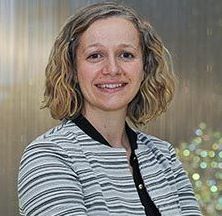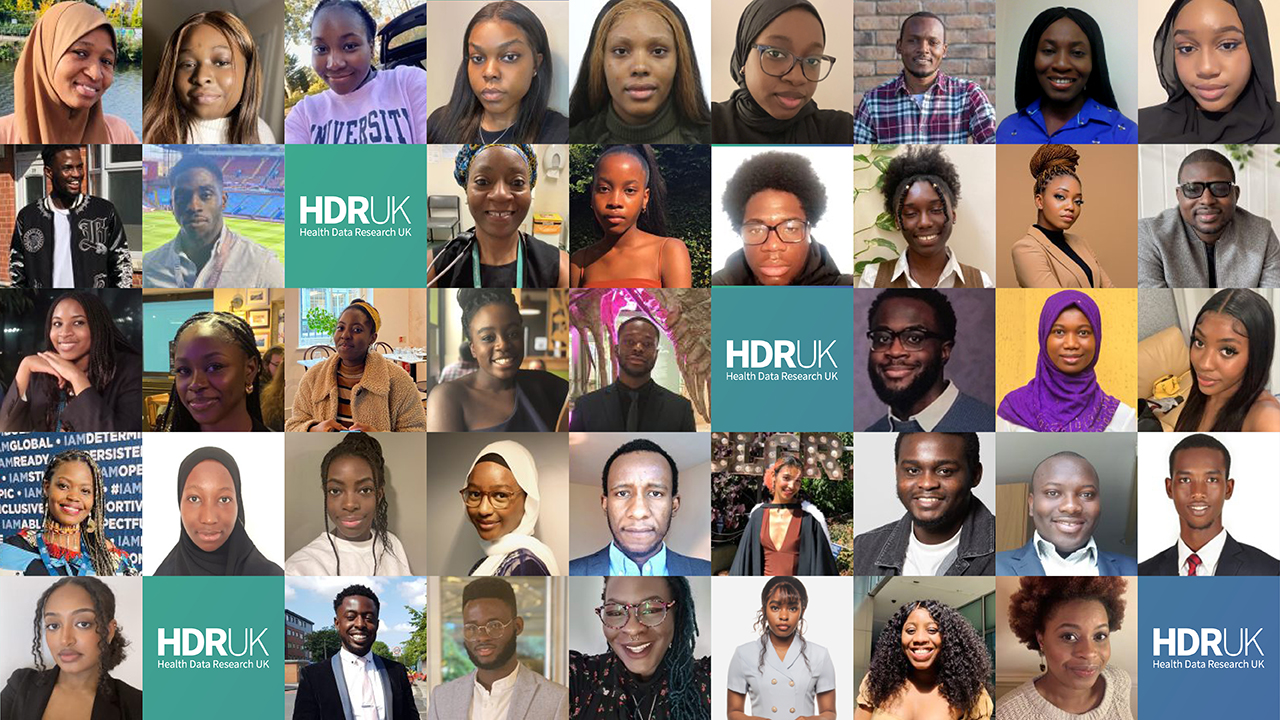Bringing together Health Data Research UK's research leaders
12 February 2019 | Author: Melissa Lewis-Brown, Chief Science Strategy Officer (Interim)
On Wednesday 6 February 2019, my colleagues and I organised a meeting to bring together HDR UK’s leading scientists, to refine our scientific vision. University researchers, data analysts, software engineers and doctors came from all over the UK – St Andrews, Belfast, Swansea, and Birmingham to name just a few. These are the country’s leading health data scientists, and although they are scattered across the four nations, they are all part of one institute – Health Data Research UK.
To kick off, each and every one of these fifty or so research leaders introduced themselves and the area of health data research in which they work – from cancer to diabetes, clinical trials to public health. What they all have in common, is they develop and apply cutting edge data science approaches to address the most pressing health research challenges facing the public. They came to this meeting to flesh out how best to do that on a national scale. There are various elements to HDR UK’s overarching strategy – each strand intertwining towards this common goal. Just some of the areas discussed included:
- Actionable NHS analytics: developing apps and other digital tools to help doctors treat patients, and to empower patients to take more control of their treatment.
- Empowering precision medicine: ‘molecular aetiology’ to unpick the underlying cause of disease rather than defining disease in the more traditional way – according to symptoms or which organ is most affected.
- Specific disease areas: how the technologies above can be applied to the leading causes of disease in this country, starting with cancer and cardiovascular disease, while looking out for opportunities to share insights across other conditions.
Leading scientists meet across HDR UK
There were presentations on each of these themes, given by those who are bringing together the research and technology communities that work in these areas. In lively debates throughout the day, presenters were challenged on the priorities of work they propose, to ensure the right approach is being taken to answer important questions like:
- How can we diagnose disease earlier to give us the chance to delay or even prevent symptoms entirely?
- What approaches can we take to understand disease at a deeper biological level to enable us to tailor medicines for sub-types of disease, instead of a one-size-fits-all approach?
- Why are so many people afflicted with more than one lifelong disease and how can we better treat them?
- How can we use artificial intelligence, including ‘natural language processing’ to turn the rich resource of doctors’ observations into information that can be recognised and analysed by computers to improve understanding of disease?
- And most importantly, how can we do all of the above with patients and privacy protection at its heart?
Answering these questions will pave the way for better healthcare, but we need to ensure that resulting improvements in prevention, diagnosis and treatments are taken up in our healthcare system.
We all agreed that HDR UK’s success could not be simply measured through traditional academic metrics of publications alone. The announcement of the Health Data Research Alliance – the UK’s leading health organisations collaborating in a non-profit association to accelerate progress in medicine and health through data – is testament to our commitment to working in partnership to deliver this ambition. To round off our event, Sarah Wilkinson, CEO of NHS Digital, delivered an inspiring speech in which she outlined her vision for the opportunities further partnership would bring.
The next step in developing HDR UK scientific strategy is to continue iterating the design of each theme until the plans are fully formed – this will be done by our research community on a collaborative online platform. A variety of forms for communication like in-person meetings, online discussion platforms and videoconferencing – is vital for a distributed institute such as ours, whose staff do not all work under the same roof. There are challenges to bringing people together who are geographically far apart, and trained in different disciplines – but working together as a team, is the only way we can tackle the challenges of translating the enormous potential of health data science into new treatments and services to improve our health and care.




